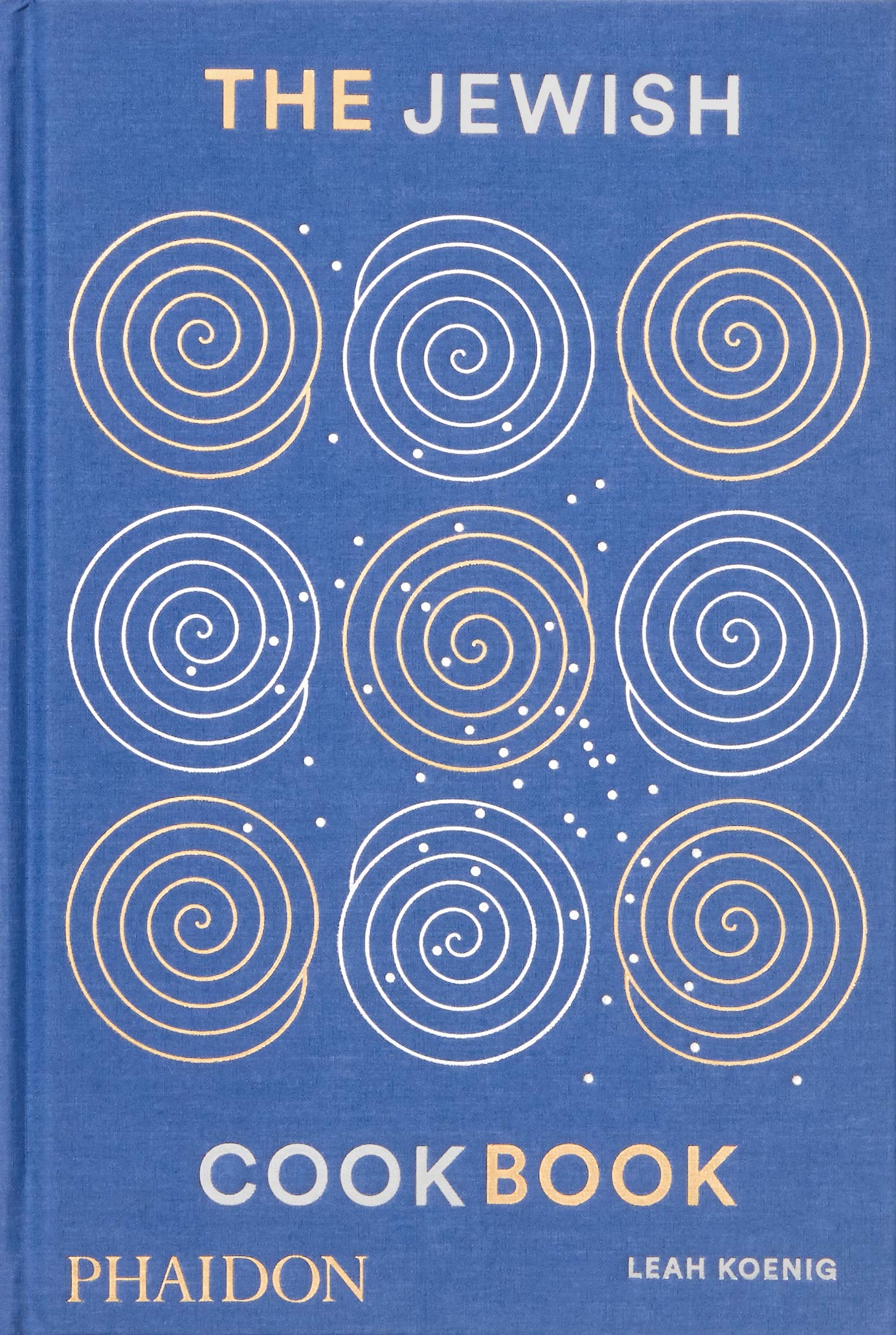


Both his authentic voice, and the recipes themselves, serve as a refreshing reminder that we are free to define how the rituals and culture of Judaism can form a part of our own day-to-day lives. And these menus are reinvented as well instead of the classic seder plate, he serves deviled eggs, pomegranate-BBQ chicken wings, and orange segments that represent the LGBTQ+ community and other marginalized groups. There are customizable recipes for babka and rugelach, and menus for the High Holidays, Hanukkah, and Passover. The result is something that combines the magic of Shabbat dinner with the fun celebration of a dinner party with friends.

An overview of his pantry includes Middle Eastern staples like tahini, harissa, and za’atar. Cohen’s ability to reinvent tradition, particularly with the Persian-Iraqi influence of his husband, is evident throughout. While Jew-ish covers the classics, with approachable recipes for challah, potato latkes, and matzo ball soup, there are plenty of twists (shakshuka alla vodka, anyone?).

It was through hosting these dinners, where Cohen explored both the food of his Ashkenazi childhood and his husband’s Persian and Iraqi traditions, that the recipes in this book took shape. After trying a few synagogues, they settled on something that fulfilled their desire to pause at the end of the week, gather with friends, and of course, eat: hosting a weekly shabbat dinner. “I was what you call a High Holiday Jew,” he writes, “the kind who comes out of secular woodwork around Passover, Rosh Hashanah, and Yom Kippur.” Only later in life, when meeting his now-husband, did they begin to reexamine and define the role that Judaism would play in their day-to-day lives. Growing up in what he defines as a Jew- ish household, Jake Cohen never felt particularly connected to his faith.


 0 kommentar(er)
0 kommentar(er)
